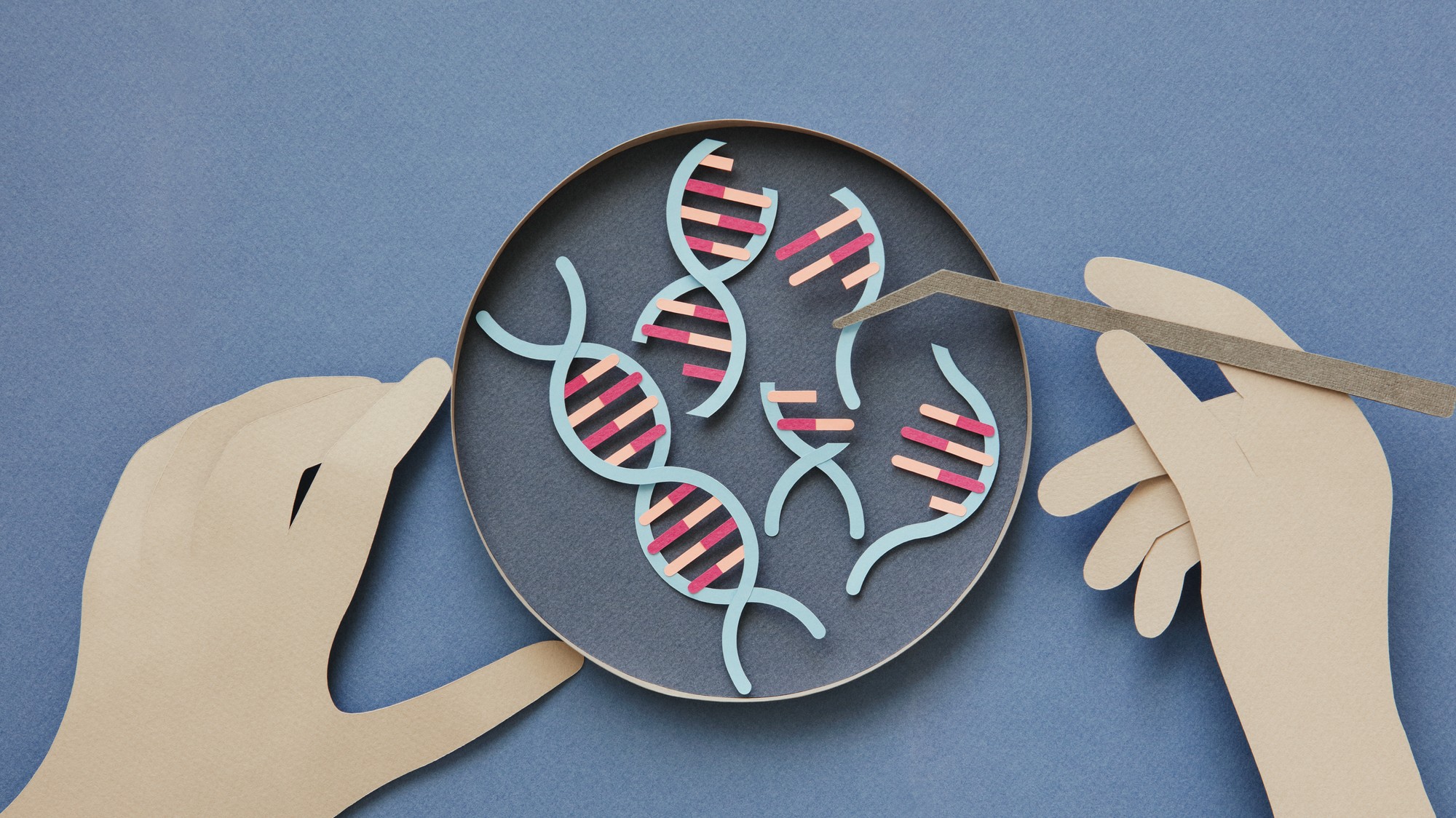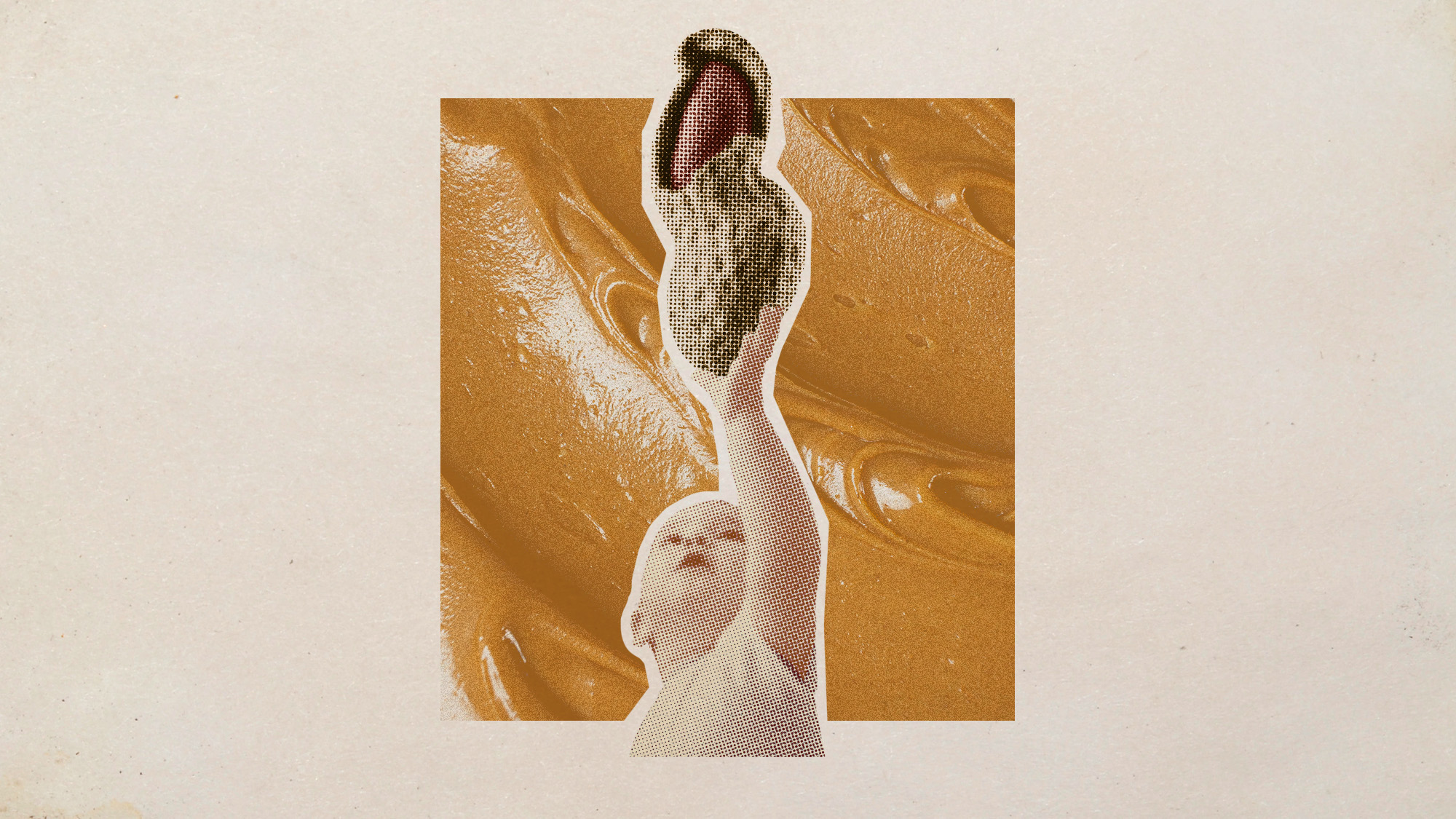The pros and cons of human genetic modification
Altering human DNA has both a lot of potential and a lot of ethical questions


A free daily email with the biggest news stories of the day – and the best features from TheWeek.com
You are now subscribed
Your newsletter sign-up was successful
The rise of gene-edited embryos has raised a myriad of ethical questions. It involves altering DNA to prevent disease or even to choose specific traits using a method known as CRISPR. In 2018, Chinese scientist He Jiankui created the first gene-edited babies, making them resistant to HIV. While the process is controversial, many researchers see the potential in the technology if properly regulated. "Clinical trial results demonstrate that CRISPR is safe, and it’s effective for treating and curing human disease," remarked Jennifer Doudna, who won the Nobel Prize in 2020 for discovering CRISPR. "It’s important with a powerful technology like this to grapple with the challenges of responsible use."
Pro: It could help treat a number of diseases
Turning to genetic modification could be a solution for a number of genetic diseases including sickle cell anemia, muscular dystrophy and cancer. This can be done through modifying human embryos to correct the genetic issue. "There are more than 10,000 single genetic mutations that collectively affect probably hundreds of millions of people around the world," Shoukhrat Mitalipov, a biologist at the Oregon Health and Science University in Portland, told NPR. "We could help a lot of people." Genetic engineering technology can also make crops disease-resistant, seedless or able to bear larger fruit.
Con: It could create greater health divide between developing and developed nations
While the technology has "great potential," it’s also "very expensive," Robin Lovell-Badge of the Francis Crick Institute told The Guardian. "A treatment for one person could cost a million dollars." According to the World Health Organization, there are also "an estimated two billion people have no access to essential medicines, effectively shutting them off from the benefits of advances in modern science and medicine." Equity in medical access has been a long-standing problem. "We have to start talking early on about ways to ... make [gene therapy] cost-effective and sustainable," Alta Charo from the University of Wisconsin at Madison told CNN.
The Week
Escape your echo chamber. Get the facts behind the news, plus analysis from multiple perspectives.

Sign up for The Week's Free Newsletters
From our morning news briefing to a weekly Good News Newsletter, get the best of The Week delivered directly to your inbox.
From our morning news briefing to a weekly Good News Newsletter, get the best of The Week delivered directly to your inbox.
Pro: It could help aging populations
Genetic modification could help populations live longer and healthier, particularly when it comes to combating genetic diseases like Alzheimer’s. An estimated 6.7 million Americans aged 65 and older live with the disease, according to the Alzheimer’s Association. "The aging population is of grave importance as both a socioeconomic issue and a strain on the medical system," remarked He Jiankui, per CNN. The biggest issue is that editing an embryo "to address a complex disease that affects people toward the end of their life" is "highly questionable," Peter Dröge, an associate professor at the Nanyang Technological University in Singapore, told CNN.
Con: It could lead to eugenics
Opening the door to modifying embryos can be a slippery slope into eugenics. "Genome editing has made it easier to imagine 'improving' human traits," Ruth Garde, curator of Cut + Paste, a public exhibition about genome-editing technology, told The Guardian. There are no guidelines on when to use genetic modification on humans, which brings up a debate on what circumstances warrant it. "Some people will agree that using genome editing to modify a defective gene that may lead to an infant's death if untreated is acceptable," but are against using it to "ensure that an unborn child has specific physical features such as blue eyes or blond hair," The Conversation reported.
Pro: It could help infertile parents have children
Scientists have explored a method called in vitro gametogenesis (IVG), a process that allows for "custom-making human eggs and sperm in the laboratory from any cell in a person's body," per NPR. "IVF will probably never be the same," said Eli Adashi, a reproductive biology specialist from Brown University. The technology could be "life-altering for individuals to build that family that they dream of," Andrea Braverman, who studies infertility at Thomas Jefferson University in Philadelphia, told the outlet. IVG opens the possibility for infertile and gay couples to have biological children.
Con: Could lead to new genetic diseases
Much is still unknown about the consequences of genetically modifying embryos. "Experiments have also shown that in about 20% of cases, these genome-editing changes can lead to substantial rearrangements of a person’s genome, which is very, very dangerous," remarked Lovell-Badge. "It could cause cancer." Along with potentially causing disease, genome editing could also "create new genetic diseases that could then be passed down for generations," essentially expanding the range of genetic diseases rather than reducing it, NPR reported. This has led to even more questions surrounding ethics.
A free daily email with the biggest news stories of the day – and the best features from TheWeek.com
Devika Rao has worked as a staff writer at The Week since 2022, covering science, the environment, climate and business. She previously worked as a policy associate for a nonprofit organization advocating for environmental action from a business perspective.
-
 Political cartoons for February 20
Political cartoons for February 20Cartoons Friday’s political cartoons include just the ice, winter games, and more
-
 Sepsis ‘breakthrough’: the world’s first targeted treatment?
Sepsis ‘breakthrough’: the world’s first targeted treatment?The Explainer New drug could reverse effects of sepsis, rather than trying to treat infection with antibiotics
-
 James Van Der Beek obituary: fresh-faced Dawson’s Creek star
James Van Der Beek obituary: fresh-faced Dawson’s Creek starIn The Spotlight Van Der Beek fronted one of the most successful teen dramas of the 90s – but his Dawson fame proved a double-edged sword
-
 Sepsis ‘breakthrough’: the world’s first targeted treatment?
Sepsis ‘breakthrough’: the world’s first targeted treatment?The Explainer New drug could reverse effects of sepsis, rather than trying to treat infection with antibiotics
-
 Scientists are worried about amoebas
Scientists are worried about amoebasUnder the radar Small and very mighty
-
 Metal-based compounds may be the future of antibiotics
Metal-based compounds may be the future of antibioticsUnder the radar Robots can help develop them
-
 Deaths of children under 5 have gone up for the first time this century
Deaths of children under 5 have gone up for the first time this centuryUnder the radar Poor funding is the culprit
-
 Nursing is no longer considered a professional degree by the Department of Education
Nursing is no longer considered a professional degree by the Department of EducationThe Explainer An already strained industry is hit with another blow
-
 More adults are dying before the age of 65
More adults are dying before the age of 65Under the radar The phenomenon is more pronounced in Black and low-income populations
-
 Peanut allergies have plummeted in children
Peanut allergies have plummeted in childrenUnder the radar Early introduction could be an effective prevention method
-
 Doctors sound the alarm about insurance company ‘downcoding’
Doctors sound the alarm about insurance company ‘downcoding’The Explainer ‘It’s blatantly disrespectful,’ one doctor said
